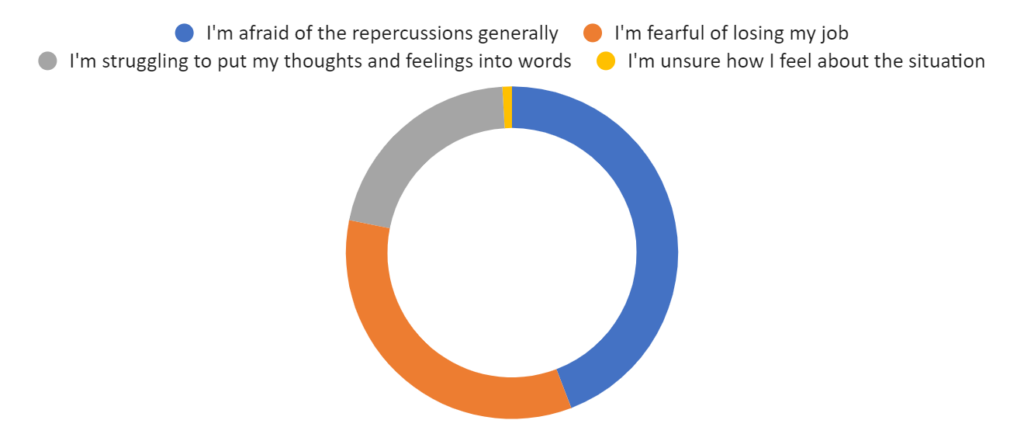In recent years, discussions surrounding workplace biases have garnered increased attention, yet the nuance of Muslim experiences often remains obscured. The intersection of professional environments and religious identity has engendered a complex tapestry of challenges that disproportionately affect Muslim individuals. As workplaces continue to diversify, understanding these intricacies becomes imperative for fostering inclusivity and mitigating bias.
Muslim workplace bias often emanates from ignorance—a preconception based on stereotypes and a lack of understanding of Islamic culture. This ignorance manifests in various forms: from subtle microaggressions to outright discrimination. Employment regulations designed to uphold diversity can serve as a double-edged sword, inadequately addressing the multifaceted nature of biases faced by Muslims. Moreover, the media’s portrayal of Muslims frequently perpetuates negative stereotypes, establishing a cultural narrative that can skew perceptions within professional hierarchies.
Unquestionably, these biases adversely impact career trajectories. For many Muslims, the workplace can resemble a minefield. They may find themselves navigating questions about their faith, dietary restrictions, or dress codes, which can lead to discomfort during interactions with colleagues. The result is not only an environment laden with tension but also a stymied professional growth, where talents and potential contributions remain unrecognized. Thus, the implications extend beyond individual struggles, affecting team dynamics and organizational culture.
Yet, there exists a promising shift in perspective. Progressive organizations have started to recognize the urgency of addressing these biases, not merely as a matter of compliance but as an essential strategy for innovation and success. Initiatives like diversity training and inclusive hiring practices are gaining traction. These measures not only elevate underrepresented voices but enrich the workplace culture, inviting a medley of perspectives that drive creativity and problem-solving.
Moreover, fostering an environment of open dialogue can dismantle the barriers erected by ignorance. Encouraging conversations about faith, practices, and cultural nuances helps bridge understanding gaps. When non-Muslim coworkers engage with their Muslim counterparts—learning about Islamic traditions or simply acknowledging differences—an organic process of empathy ensues. This paradigm shift primes organizations for resilience, as a diverse workforce is well-equipped to navigate the complexities of an increasingly global marketplace.
In conclusion, while the shadows of bias and ignorance loom large in the workplace, there lies an opportunity for transformation. By embracing diversity and committing to learn, organizations can shift from an exclusionary stance to one characterized by inclusivity and respect. Such a transition not only uplifts the Muslim workforce but has the potential to reshape the very fabric of professional environments, cultivating a workplace that thrives on collaboration, respect, and understanding.
